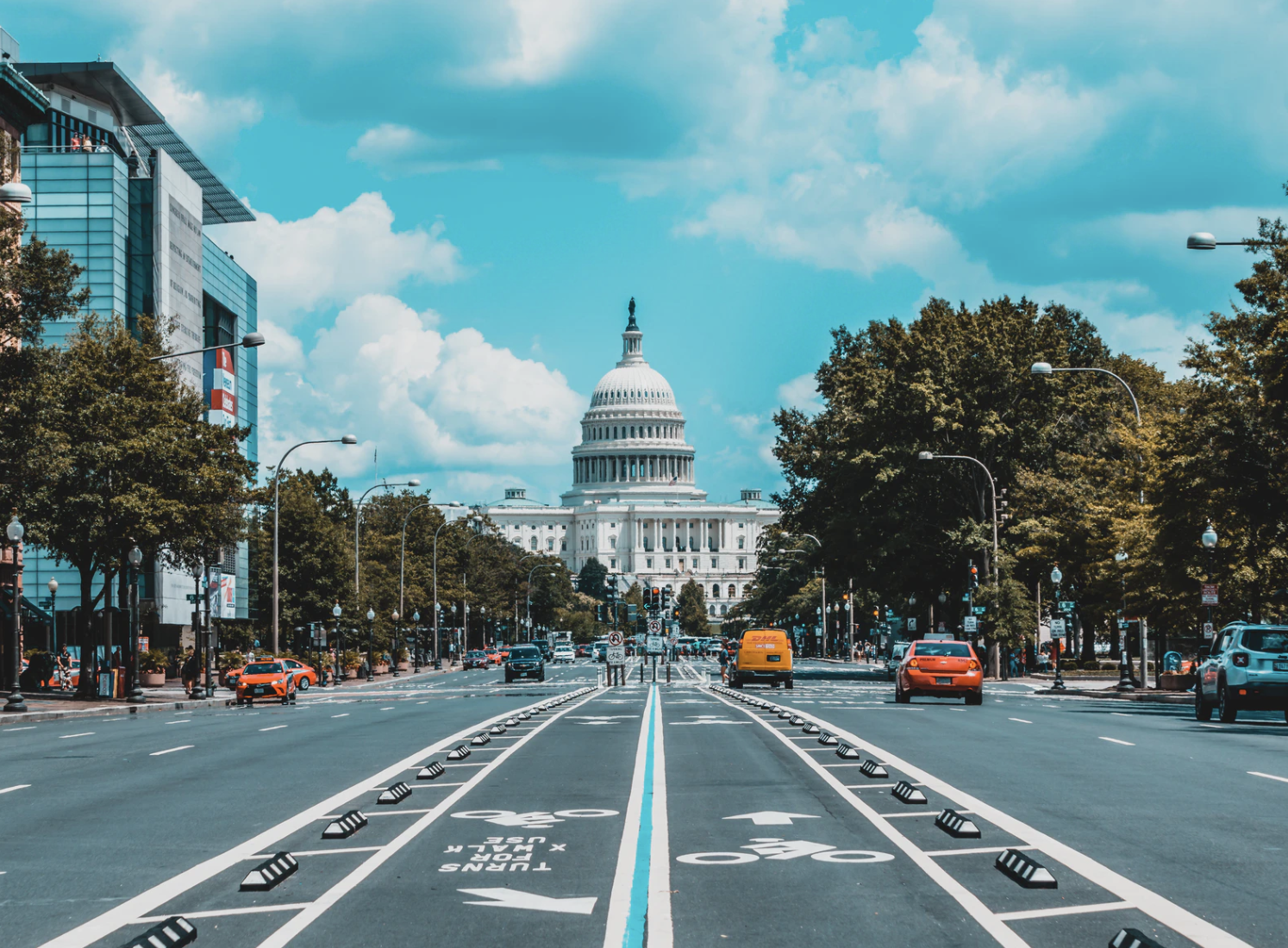In 2019, the average age of U.S. senators was 62.9. In that same year, the Social Security retirement age was 66.5. While there is no inherent problem with these statistics in and of themselves, one of the underlying causes for these similar numbers is concerning. The lack of congressional term limits creates a system in which politicians can entrench themselves in politics and focus more on building their careers than serving the people. Despite the lack of political will, it is time to limit both House and Senate incumbency to a maximum of 12 years in order to incentivize congressional action and decrease political complacency.
Congressional term limits would serve to inspire action at the federal level by discouraging political complacency. The legislative branch as it stands seems more focused on fueling political divides than it is on helping people. This phenomenon is evidenced by the 395 bills passed in the House that were not even voted upon in the Senate. University of Nevada-Reno law professor Jeremy Gelman examined these bills and determined that the Republican Senate intentionally halted their progress in order to score political points. As Gelman noted, controversial yet potentially beneficial bills were more likely to be stalled in election years than in non-election years, revealing politicians’ desire to appease their voting base rather than effectively legislate. This current system incentivizes politicians to focus on re-election for as long as they can. By placing a finite cap on how many times a politician can successfully run, term limits would encourage politicians to recenter their aims around passing legislation rather than consolidating power. Consequently, ineffective politicians would be cycled out of office, allowing newer politicians to propose innovative ways to overcome partisan bickering.
A term-limits system would additionally emphasize solving issues that concern a wider constituency as opposed to the status quo in which politicians are beholden to special interests. The current system incentivizes politicians to appeal solely to their primary voter base and donors; as a result, many politicians see no need to broaden their base. Specifically, this can be seen in the political donation system, through which donors can influence politicians to focus on issues that might not be popular with a wide constituency. In fact, many of the objections to term-limits legislation have come from lobbyists and special interest groups, exemplified by the lobbyist-driven opposition to state-level term-limits bills in Arkansas and California. Under the current system, it is easier for lobbyists representing special interests to repeatedly influence the same politicians. Term limits could rectify this trend by disrupting that symbiosis and introducing new politicians who might be more resistant to special interests.
The end goal of politicians ought to be to represent both the people who elect them and those who vote against them, but it seems that many legislators have lost sight of that goal in favor of election strategy. Politicians only feel the need to maintain the support of those individuals who elected them, creating a self-reinforcing feedback loop that ignores the rest of the constituency. This feedback loop perpetuates echo chambers and further polarizes our nation. House representatives in ideologically homogeneous districts are currently electorally rewarded for more extremist language and tend to find little benefit in working with others. Term limits would prevent complacent incumbents from using the many privileges of incumbency — such as name recognition, taxpayer-funded staffing and political donors — to smother competition. Instead, term limits have been proven to expand electoral choice, as in California in 1990. In addition, term limits would encourage newer politicians to build broader coalitions to court constituent votes and remain in closer touch to the pulse of the people. It is clear that imposing term limits would promote democracy by expanding voter choice and prioritizing the interests of a broader coalition of people.
Further, a democracy functions at its best when there is innovation and a plurality of voices being represented; however, the status quo maintains a system in which many Americans do not feel that their concerns are shared by their elected officials. Term limits will rectify this problem by elevating the voices of those who have traditionally been excluded from the legislative branch. A study of the effects of California’s Prop 140, which passed and implemented term-limits at the state level, found that it increased the number of people from different backgrounds that were elected. Term limits would ultimately help the nation achieve its utmost ideal of democracy by allowing more voices to be heard.
Politics at the federal level seems to be increasingly defined by its greatest failure: the general lack of action. Given the numerous issues that plague the United States, it is essential that our government reinvigorates its problem-solving nature. Term limits can work to resolve societal issues by introducing newer senators and House representatives who will be more motivated to pass bills and represent a greater portion of the constituency. Despite the clear benefits of term limits, politicians have proven unwilling to regulate themselves. In fact, many of the politicians who have professed support for congressional term limits in the past have not actually passed this legislation when given the authority to do so. Congress’ missing motivation to regulate itself in a way that would ultimately help the American people speaks volumes about where its priorities lie and where they should be instead.
Image by Jorge Alcala is licensed under the Unsplash License.



